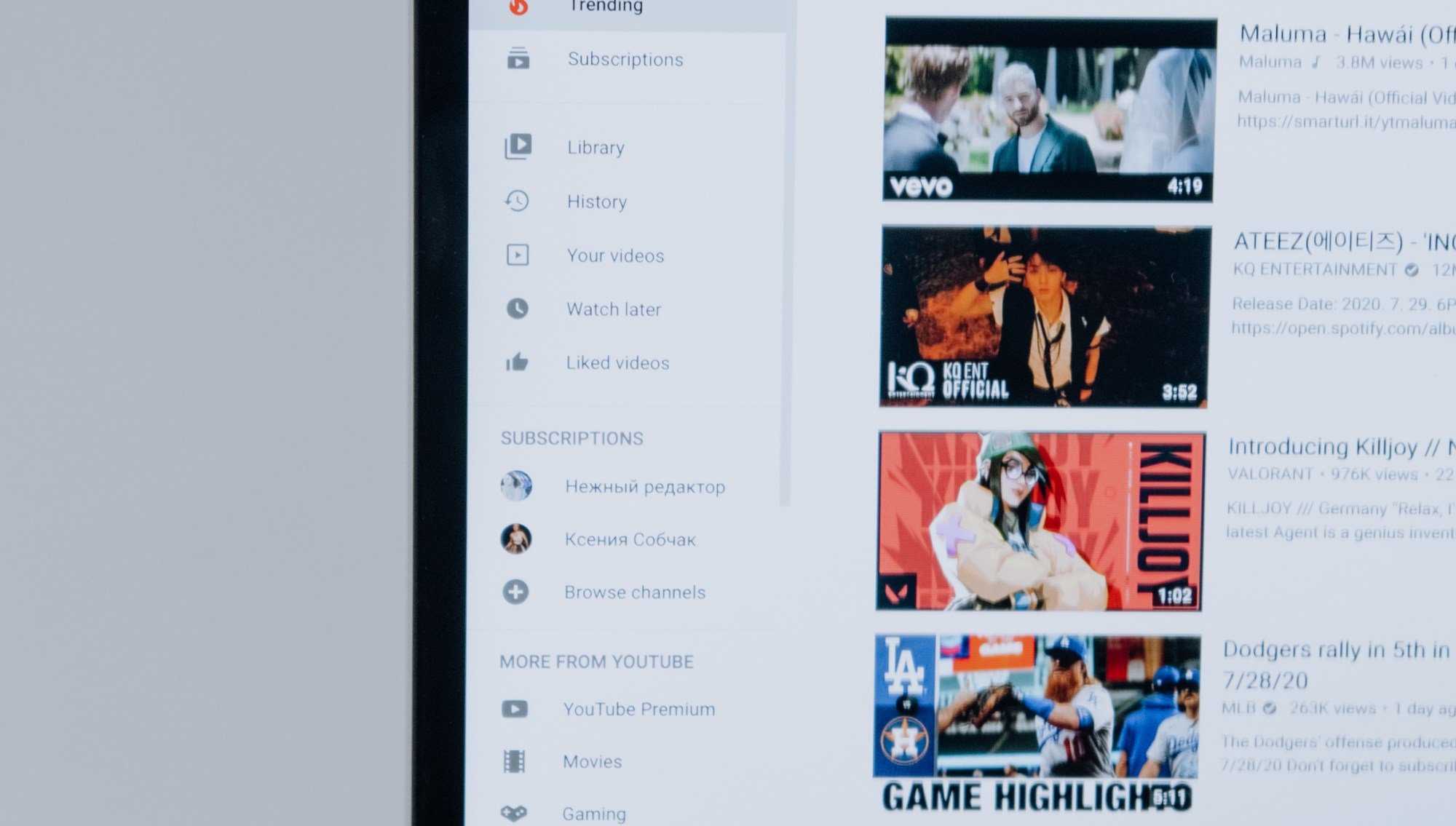
At the outset, it is worth noting that the importance of keywords and phrases is no longer as significant as in the past. In the past, placing appropriate texts in the video description or tags had a significant impact on the position of content in search engines. This situation led to many abuses and practices such as “keyword stuffing”, i.e. adding a large list of words and phrases taken out of context to descriptions, which improved search engine ranking. The descriptions were created with algorithms and crawlers in mind, not with users in mind.
Currently, such actions are ineffective or may even be harmful to our content. The search results are personalized, and what really helps in recommending our videos by YouTube is the "user experience", i.e. the user experience, resulting mainly from the quality of the content and whether it meets the viewer's expectations. The importance of tags is currently marginal. It is recommended that the description of the video be rich in information that is useful for viewers and contains at most, a few key phrases naturally woven into the content.
In order not to be groundless, I recommend testing how one of the tools offered by Google, i.e. Vision AI https://cloud.google.com/vision works. There you can see that the artificial intelligence, based on the uploaded image, is great at recognizing all kinds of inscriptions, objects, characters, and many other elements. The same applies to individual frames of video and audio content. So we can probably assume that YouTube and Google no longer need our descriptions to create quite accurate metadata for published videos.
Keywords and phrases can now be treated as a "signpost" for algorithms, giving a broader context and indicating potential audiences, but not being a guarantee of success. It seems that they may be most important in the case of newly created channels, where we do not have a large subscriber base, and thus YouTube does not have information about which viewers watch a given video and to whom to recommend it - this information usually comes from our subscribers, who see the content first.
Recommending a movie is only part of the success because the viewer then has to choose our movie from all the suggestions that were shown to them on the screen, but that's a topic for a separate article about titles and thumbnails.








